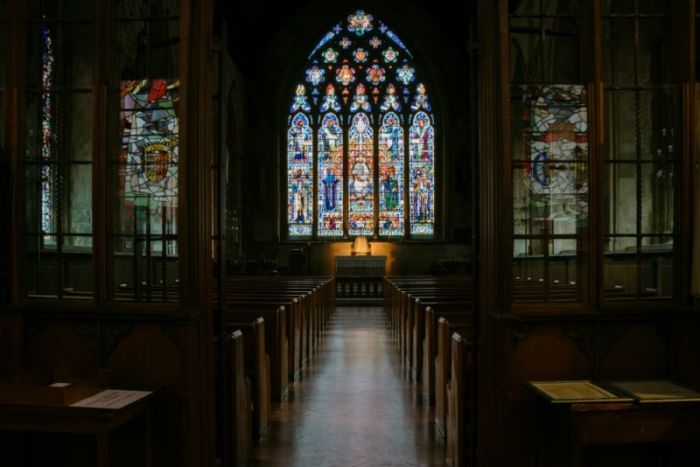81 Percent of UK Non-Christians Don't Believe Churches Making Things Better

A vast majority of non-Christians in the United Kingdom think the Church is not making any difference to society, and even about a third of the Christian population is uncertain of their religious institution's significance, according to a new study by World Vision UK and Barna Global.
The study, which looked into how the U.K. public views the church, found that four out of five, or 81 percent of, non-Christians don't believe that Christian churches are making a positive difference in the world. When asked if "Christian churches in the U.K. are making a positive difference in the world," only 19 percent of non-Christians agreed. Forty-one percent said they disagree and 40 percent said they don't know.

The survey, which was launched at Lambeth Palace last week, also found that even many Christians in the country say they are uncertain of the global (31 percent) or local (32 percent) significance of their churches, though they primarily give the institution a positive assessment.
Further, 33 percent of U.K. adults see the Church as a benefit to the world, and 35 percent see the religious institution as helping their own community. However, 31 percent disagree with the former, 26 percent with the latter.
This contrasts with what church leaders think the church's impression is, as nearly half of them assume that non-Christians still celebrate the U.K. Church's global impact. "The gap in perceptions grows wider when focusing locally; a large majority of church leaders (86% "strongly" + "somewhat") agrees non-Christians welcome churches' community presence—but, in reality, just one in five non-Christian adults (20%) says they do."
"I think as a researcher who's looked at the ... challenging circumstances — the good, the bad and the ugly of some of the public perception of faith — a lot in the US as well as in the UK now, I think it can be discouraging," David Kinnaman, co-founder of Barna, told Premier. "We have to be careful to not become cynical and depressed by that."
He added, "I find that it's not the first time the Church has had a poor reputation. Jesus himself promises that we'll be misunderstood in our society and we actually don't need to overly concern ourselves with the image — good or bad of the culture. We really need to worry about being faithful as Christians."
The study was done "to equip the Church to be more effective in transforming lives for the sake of the gospel."
Kinnaman noted in the study that the context of mission in the U.K. appears to be distinct from that of the U.S. "Christianity in the US engenders more strong feelings, both positive and negative. In the UK, public perception of the church emphasizes indifference; it's defined more by apathy than antipathy."
He continued, "More than that, though, Christians in the UK often display merely modest good will toward the Church. Compared to the US, Christians in the UK seem to struggle to see that their faith is making a difference. Yet, the study shows that churches are, in fact, serving a wide range of needs in the UK and around the world. Church leaders and Christians in the UK can develop more clarity and confidence that their faith is impacting their communities and the world."
A similar study done by The Barna Group in the U.S. in 2007 showed that only 16 percent of non-Christians aged 16 to 29 years old had a "good impression" of Christianity. Young people had an even lesser positive impression of evangelicals. Only 3 percent of 16- to 29-year-olds who were not of the Christian faith expressed favorable views of evangelicals. In the previous generation, 25 percent of young people had positive associations toward evangelicals.





























